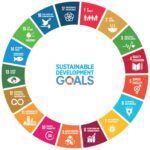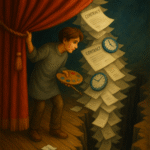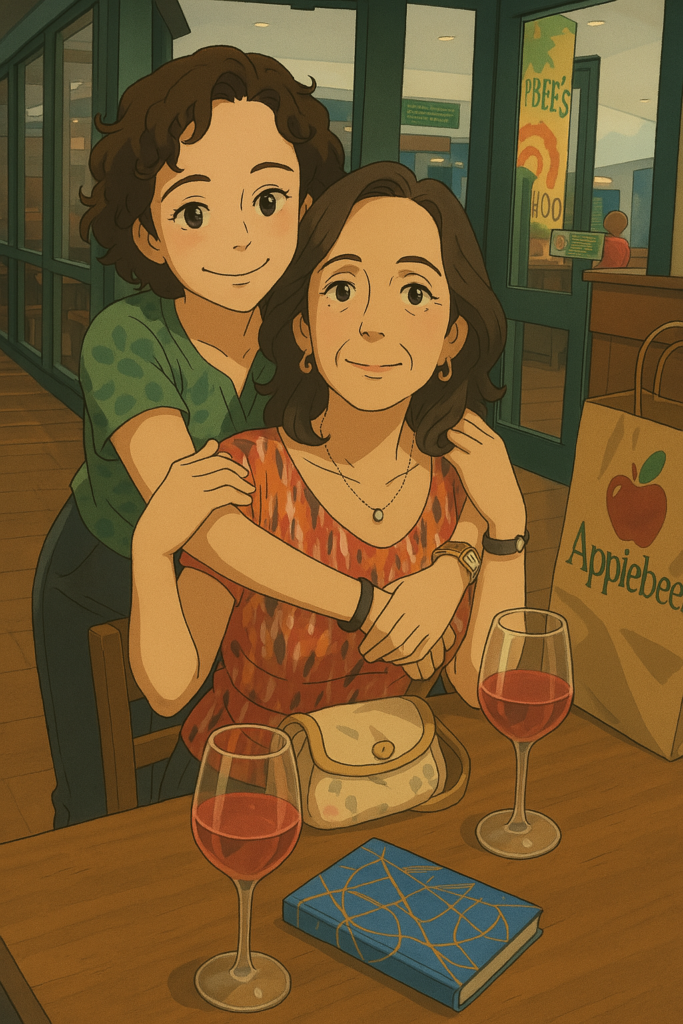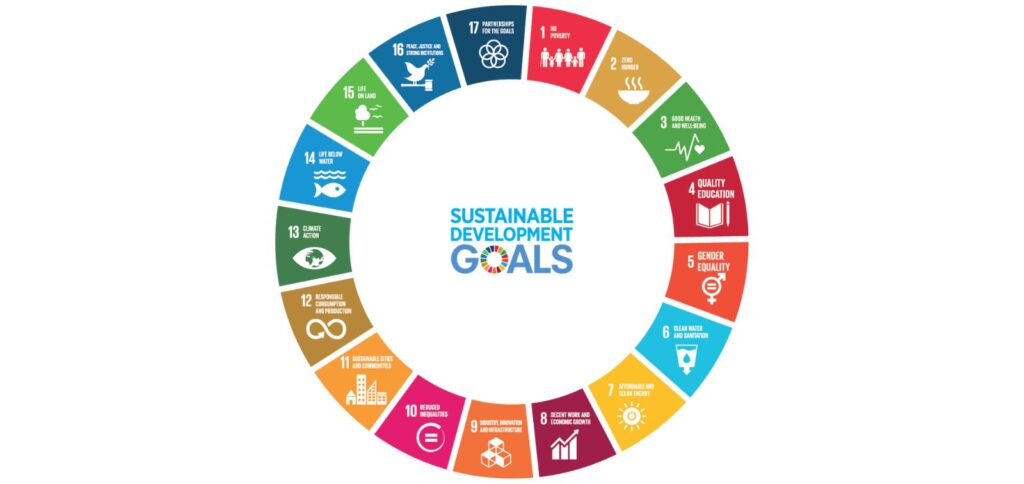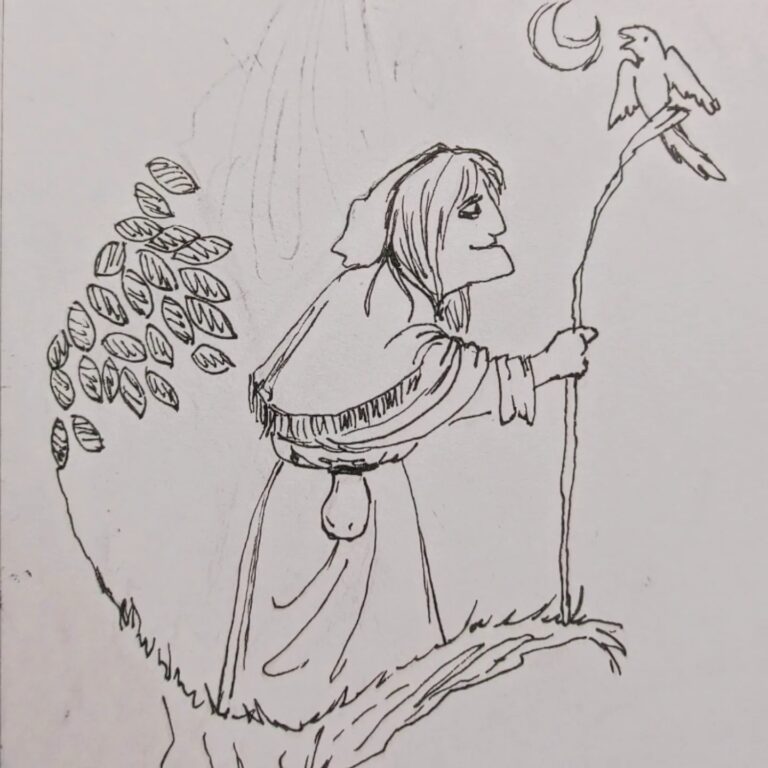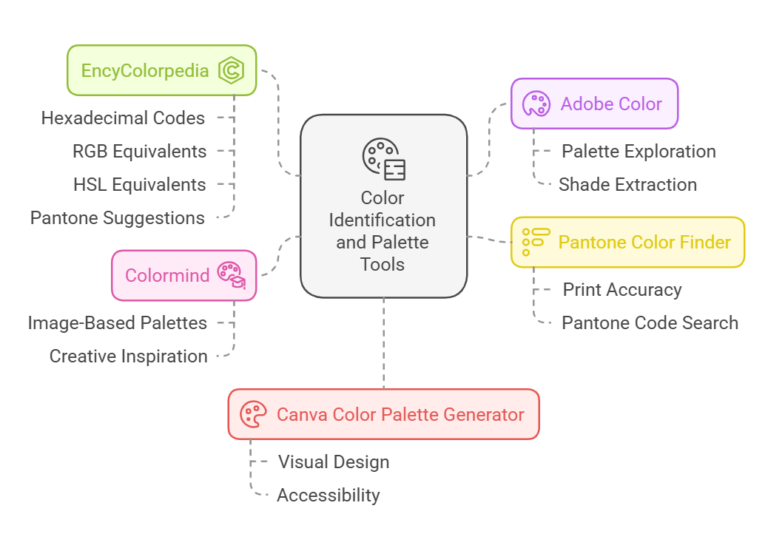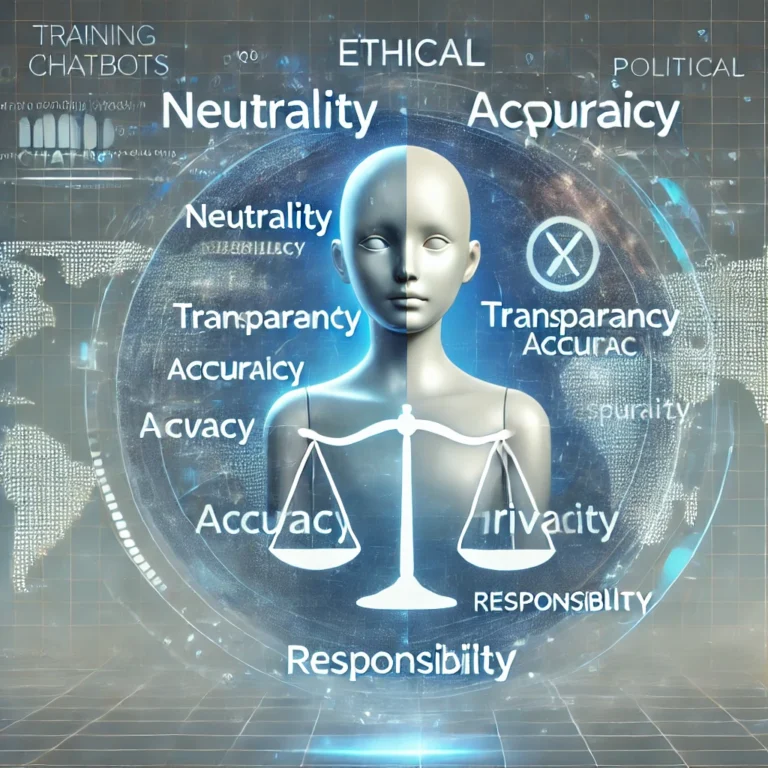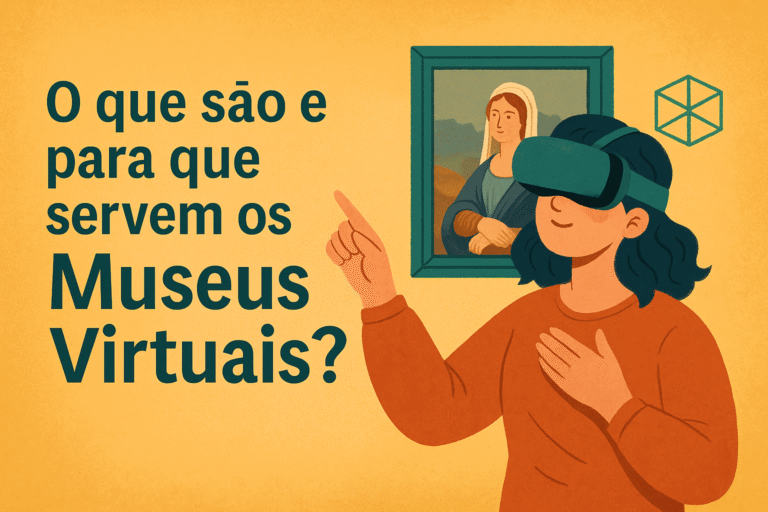

Mila, Carne Exótica em Exposição e o Estereótipo da Mulher Brasileira Vista do Exterior
Mila entrou em algumas lojas de uma pequena cidade rural na Galícia, Espanha, pedindo ajuda desesperadamente. Fugiu sempre que alguém chamava a polícia. Horas depois, seu corpo foi encontrado dentro de um contêiner de lixo. Poucos dias se passaram — e a notícia desapareceu.Ela foi tratada apenas como “uma mulher de nacionalidade brasileira”.Seu nome só…

Quando a Vida Pessoal inevitavelmente afeta o Trabalho: Uma Reflexão Pessoal Sobre Luto e Liderança
Equilibrar vida pessoal e profissional, às vezes, parece um feito quase mágico. Fazemos de tudo para manter tudo de pé, mas nem sempre conseguimos — e essa é a realidade humana por trás de qualquer trajetória profissional. Há uma semana, perdi minha mãe. Minha companheira de vida.A mulher que, no dia em que nasci, chorou…
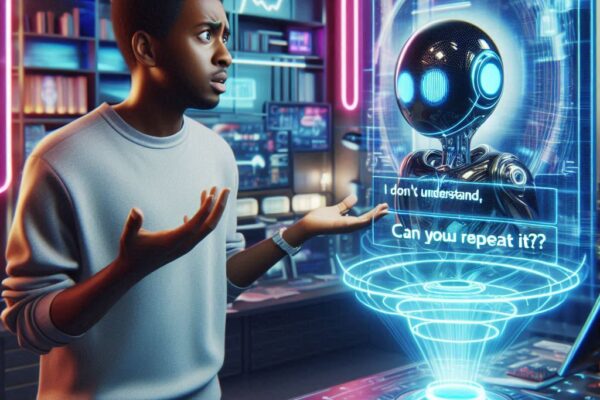
Comando de Voz e a Relação Humana com a Tecnologia
Nos últimos anos, a forma como nos relacionamos com inteligências artificiais tem mudado profundamente. A novidade mais recente é a expansão dos comandos de voz no ChatGPT, uma tecnologia que aproxima ainda mais as fronteiras entre o humano e o digital. Mais do que um recurso prático, essa ferramenta nos convida a pensar sobre como…

17 Goals, One Global Call: Building a Sustainable Future
Este mês marca uma fase decisiva no meu percurso acadêmico. Com o fim da etapa prática do mestrado em Humanidades Digitais, começo finalmente a escrever minha dissertação: “Gestão Ágil, Inclusão e Autonomia Digital: um estudo aplicado à preservação do patrimônio histórico e cultural.” O projeto nasce do encontro entre preservação histórica e responsabilidade social. Ele…
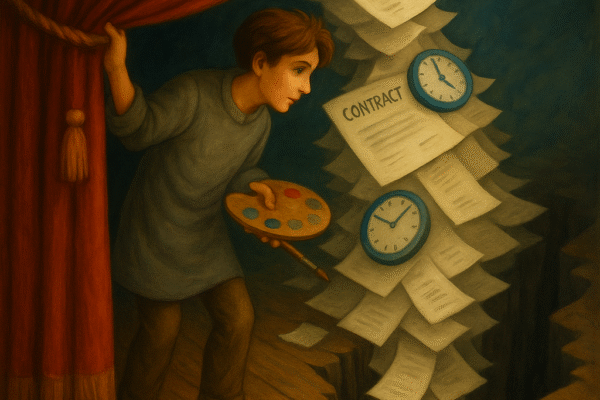
Por Trás do Brilho das Oportunidades: Como Avaliar Propostas Criativas e Evitar Armadilhas
Se você é ilustradora, designer de personagens ou artista em início de carreira, já deve ter recebido aquela proposta tentadora:“Participe de um projeto incrível que pode dar retorno financeiro e visibilidade no futuro.” É sedutor, claro.Mas também é o tipo de convite que deixa muita gente com o coração acelerado — para o bem e…
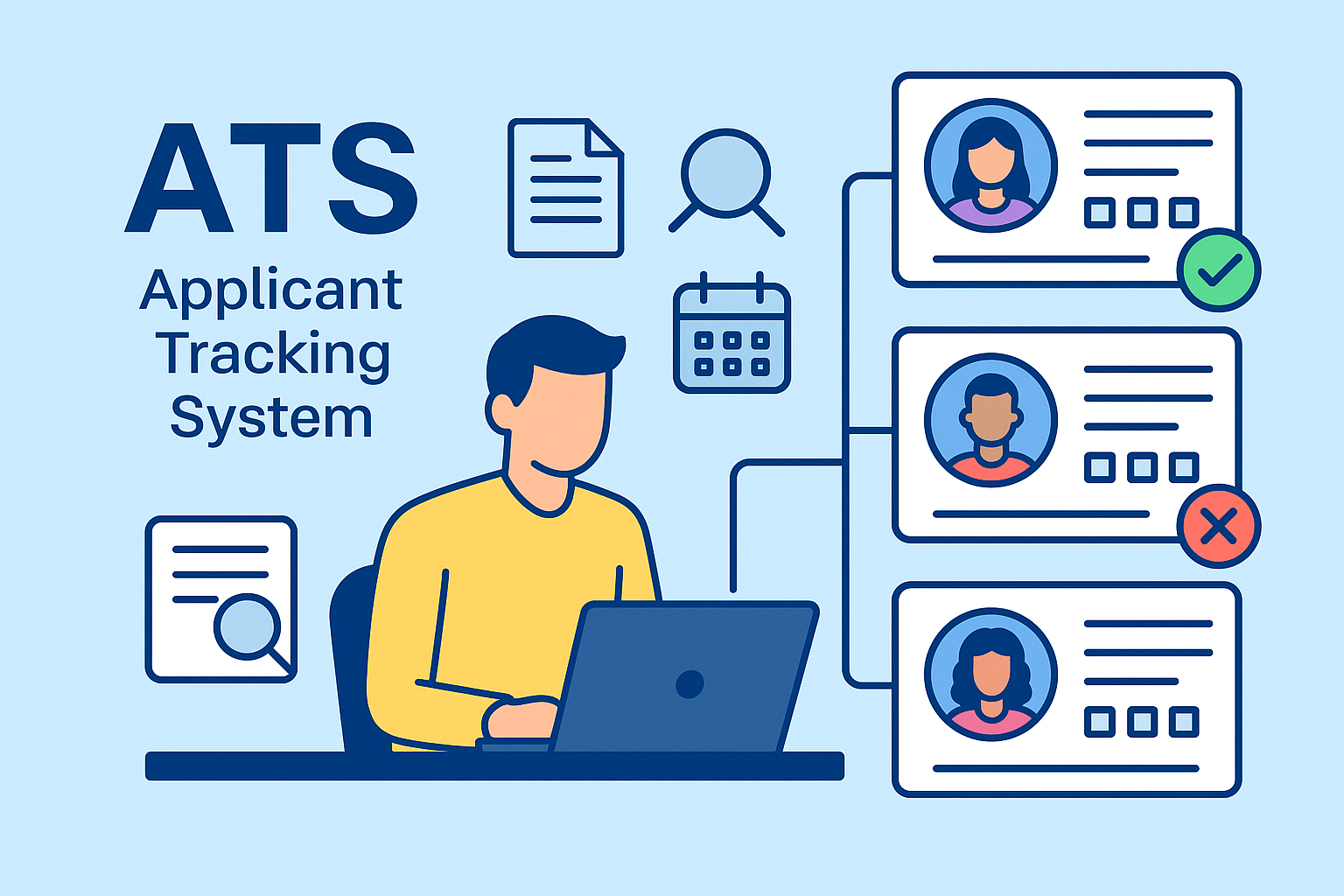
Vamos Falar Sobre ATS: Quando Seu Currículo é Avaliado por uma Máquina
Se você já se candidatou a uma vaga e recebeu uma rejeição em poucos minutos — ou pior, nunca recebeu resposta — existe uma grande chance de que ninguém tenha lido seu currículo.Essa decisão, muito provavelmente, foi tomada por um algoritmo. Sim: por um ATS — Applicant Tracking System, o sistema de triagem automática usado…
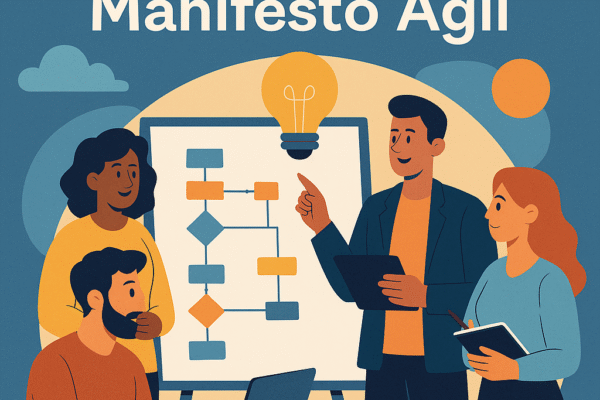
O que é o Manifesto Ágil — e por que ele continua tão relevante?
Vivemos em um mundo em que tudo muda rápido: prazos encurtam, equipes se transformam, prioridades mudam no meio do caminho. É impossível trabalhar hoje sem algum nível de flexibilidade, escuta, adaptação e colaboração.E foi justamente dessa necessidade que nasceu o Manifesto Ágil, em 2001: um texto curtíssimo, criado por desenvolvedores de software, que acabou transformando…
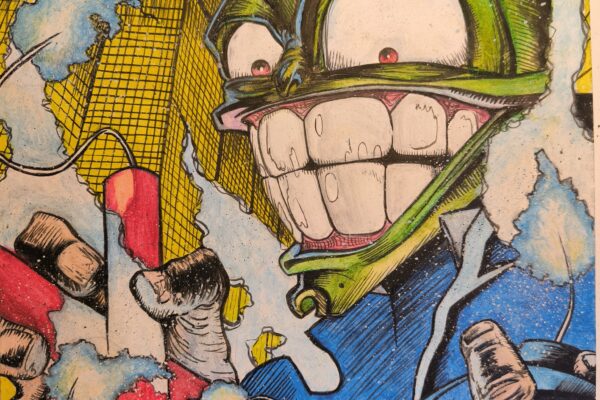

Testando IAs Generativas: transformando um sketch em cor, atmosfera e possibilidade
Entre todas as ferramentas de IA generativa existentes hoje, há uma categoria que sempre me desperta curiosidade: aquelas capazes de transformar um simples sketch em uma ilustração completa, com cores, textura e atmosfera. Não utilizo essas ferramentas para finalizar minhas próprias obras — e provavelmente nunca usarei —, mas descobri que elas têm um valor…

Como Tecnologias Emergentes Estão Transformando a Preservação do Patrimônio Cultural
Imagine entrar num museu e, de repente, ser transportado para as ruínas digitais de Pompeia, para os corredores do antigo Paço Imperial da Quinta da Boa Vista durante o Segundo Reinado, ou para qualquer outro espaço histórico que já não se parece com aquilo que um dia foi. Com um visor de realidade virtual ou…



